What's the #1 Thing You Wish You'd Planned for When Starting Your Business?
Question: What's the #1 Thing You Wish You'd Planned for When Starting Your Business?
I'm creating a startup, trying to be certain I don't overlook important considerations. What's the one thing you’d do differently or be sure to implement from the beginning if you started a new company?
Meet Our Entrepreneur: Justin Beegel, Founder, Infographic World
Justin Beegel, founder of Infographic World, is a visual marketing addict, obsessed with building strategies to help companies scale their leads and sales, arming them with the visual content they need, and then activating the marketing to get them there.
Answer: Plan for Recurring Revenue
Two words; recurring revenue. Never again will I start a company without a focus on predictable recurring revenue. There are few things in the business world more exhausting than having a calendar flip to the first of the next month, and have to start all over again on the "sales closed" side of things. You could have the best month ever in January, and February is at a fat $0 if you don't have recurring revenue.
The first 8–9 years of running IGW were purely business development cycles, little to nothing on the recurring side of things. I would test out ways to pull people into recurring arrangements, but when you're selling deliverables (in our case, infographics, explainer videos, interactive content, etc.), it's hard to convince someone they should be investing and committing monthly to you.
This was a cash flow nightmare for us, as no matter what, that payroll was running every two weeks, and those bills had to be paid. Not having a predictable cycle of cashflow brings with it 1,000 ways you can be put out of business. Trust me on that; I've had to battle just about all of them. Not having recurring revenue is so painful that I'd gladly sign up to have 60–70% of the revenue we have now if it was purely recurring based.
The biggest change for us was the lightbulb moment of realizing we were in the wrong business. Sounds absurdly simple and stupid to say (or type) out loud, but we spent the first 8–9 years thinking we were in the infographic or explainer video business. We got very busy building infographics and explainer videos and such, so it was easy to think that's what we were.
What happened was, we lost sight and didn't hone in enough on the fact that we were NOT an infographic or explainer video business. We were and are a visual marketing agency that helps companies better market and sell to their customers using visual deliverables such as infographics and explainer videos. That seemingly minor shift in mentality was really the difference maker for us.
Once we started focusing on the results side of things; what our clients were trying to accomplish, goals they were trying to hit, and in turn how what we built could help them get there with what we did and built, everything changed. That's not to say we've become a recurring revenue machine. But we've now been able to repackage and reposition ourselves to be focused on the strategy side of helping clients accomplish their marketing goals, in turn arming them with the deliverables they need to get them there, and then help them on the marketing activation side of actually getting to those goals. So while the deliverables are at the core of what we do, shifting our focus on why we were valuable was what made the difference.
Since making the shift, we've been able to bring in a fair amount of recurring revenue retainer agreements for a simple reason; people will pay for a company to help them accomplish goals on an ongoing basis. They won't typically pay for someone to build them things on an ongoing basis. With that in mind, the key within your industry is to determine what it is exactly that your customers are trying to accomplish.
Then, once you're sure of this, see how you can package your offerings together to help them move closer to these goals. Maybe it's solely on the strategy side of things, and you can sell recurring packages of strategy consulting on a monthly basis in an area your clients need help in. Maybe it's ongoing help on the marketing implementation side that a customer doesn't have the bandwidth or skillset for. Whatever it is, make it about what your clients are trying to accomplish. Make it ALL about them, because at the end of the day, it is. Everything else is just a means to an end.

